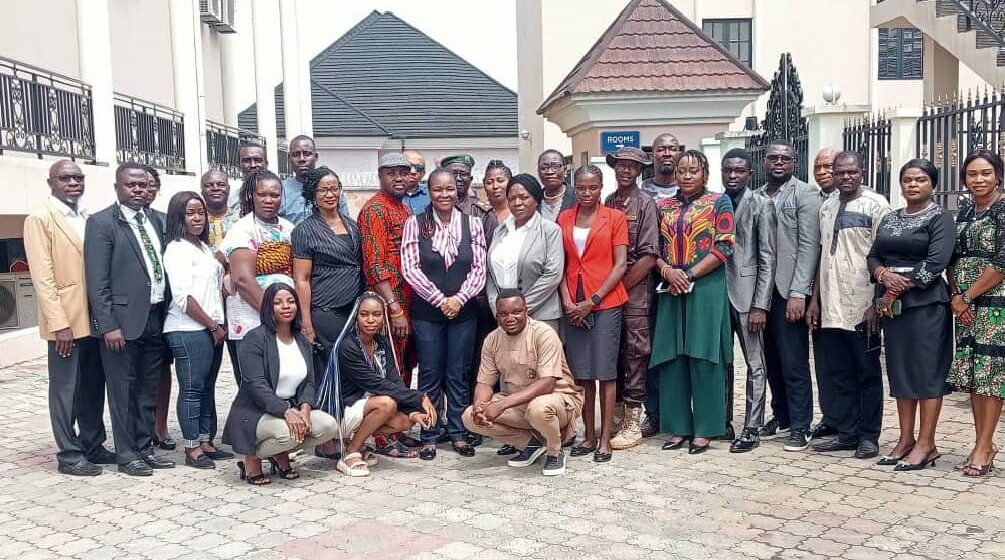Stakeholders in the Administration of Criminal Justice Laws (ACJL) has advocated functional and deepened parole to enhance Administration of Justice.
They also said reforms, effective domestication of the nation’s justice laws and collaboration among Stakeholders are key for enhanced justice system and parole.
The submissions were part of the decisions reached at a 2-Day performance appraisal workshop on the legal framework on parole and the administration of criminal justice law in Nigeria held in Benin City, Edo State Capital.
The workshop, which featured representatives of Edo State government, Civil Society Organisations, police, NBA, Nigerian Correctional Service (NSC) and human rights commission amongst others, was organized by CLEEN Foundation, with support from MacArthur Foundation.
The Executive Director of CLEEN Foundation, Gad Peter said the workshop is an engaging discussion that has opened more insights.
He said, “we want to drive advocacy for parole system and address the development that government has put in place to improved ACJS.”
Peter who discribed parole as a critical component of the justice system said that the workshop is geared to address the gap in parole and ACJL.
Represented by Mrs. Blessing Abiri, Programme Adviser, the ED noted that “parole reflects a balance between punitive measures and the need to rehabilitation, recognize that potential for reform and positive change exists within every individual.”
According to him, “it (Parole) is aimed at rehabilitating offenders and reintegrating them into society as law abiding citizens.”
Representative of Edo State Attorney-General, Oluwole Uzzi-Iyamu and a Director in the ministry of justice, Mrs Stella Okojie, said Section 468 of CJS in the State specifically made provisions for parole.
She noted that the government has acquired land for State-owned correctional centre as part of efforts geared to deepen administration of justice.









Leave a Reply